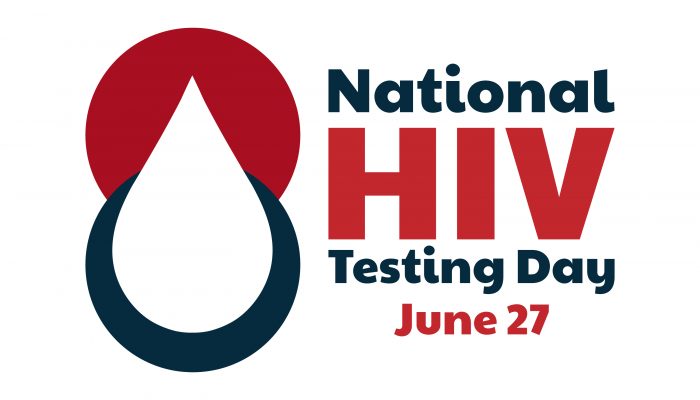Last week, the Centers for Disease Control and Prevention (CDC) published data in a Morbidity and Mortality Weekly Report indicating that national HIV testing has declined significantly during the previous two years. The Philadelphia Department of Public Health AIDS Activities Coordinating Office (PDPH AACO) understands the complex environment in which we find ourselves continuing to work towards ending the HIV epidemic. Our contemporary challenges include considerable obstacles from the politicization of public health and delivering services during a global COVID pandemic. However, as a community, we continue to rise to the occasion by providing first-class care and prevention services that are a model for the nation right here in our hometown.
PDPH AACO has made a major investment in HIV testing and to also encourage residents to test regularly. We have restructured our HIV testing funding programs to make testing more convenient. Many Philadelphians will find it easy to get tested when seeking sexual health and wellness services through our low-threshold sexual health clinics and the city’s Ambulatory Health sites. Additionally, we continue to focus on priority populations that HIV disproportionately impacts through partnership and close collaboration with community-based organizations to implement status-neutral HIV testing, meaning we link those who test positive to care for better outcomes and connect those who test HIV negative to pre-exposure prophylaxis (PrEP). The COVID-19 pandemic has expedited our efforts to promote testing at home through PhillyKeepOnLoving.com and a partnership with the PDPH STD control program. Later this year, individuals will not only be able to request testing for HIV, gonorrhea, chlamydia, and syphilis in the home –but they will also be able to initiate PrEP care without having to leave their homes.
There are many opportunities on the horizon to expand HIV testing in Philly. We continue to examine national best practices for their adaptation to Philadelphia. We have added additional focus on testing in clinical settings. The COVID-19 pandemic has reinforced the importance of screening to our overall public health goals. And as we face an ongoing challenge of increasing HIV diagnoses among people who inject drugs (PWID), this will require a vigilant response to encourage all people unsure of their HIV status, but especially people who inject drugs to test for HIV and test frequently.
While testing alone will not end the HIV epidemic, HIV testing is the gateway to linking people living with HIV to medical care, and those at risk for HIV acquisition to PrEP or post-exposure prophylaxis. On this national HIV testing day, I encourage you to take an HIV test. We’re in it to end it!




